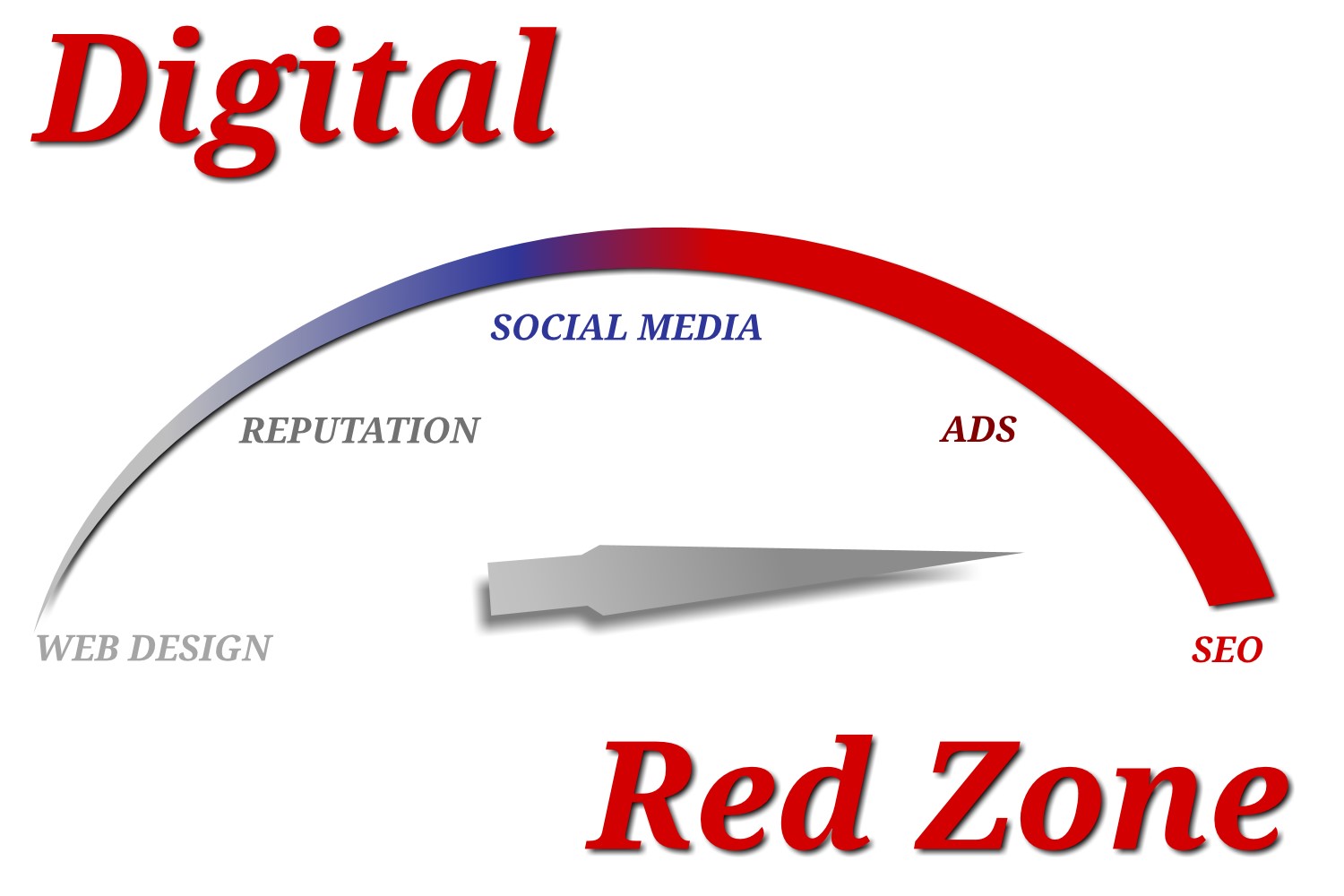SEOs feel content ahead of Google helpful content update
[ad_1]
We’re expecting the Google helpful content update to launch this week.
Does the announcement have you concerned? Aleyda Solis posted a poll on Twitter to ask SEOs. The final results:
- No! My content is helpful: 44.1%
- Unsure tbh! Let’s see: 46.6%
- Yes! Will prune/improve: 9.3%
I’m surprised that so many people think their own content is helpful. But we’re all biased to think our content is great. After all, we’re producing it! That’s exactly why it’s important to have an objective, data-based way to assess content (i.e., metrics).
Just remember: Google’s new algorithm uses machine learning to detect “helpfulness” of content. So much content today is produced – and much without – so it will be interesting to see whether Google can truly distinguish between helpful and unhelpful content.
So make sure you review all of the questions and guidance Google has shared around the Panda, Core, Product Review and helpful content updates. I’ve compiled this all for you in What is helpful content, according to Google.
I’m solidly in the “unsure” camp right now. There are certainly a few sites I’ll be watching in the days following the rollout to see whether Google can detect the true depth and helpfulness of content.
Will the helpful content update be as big as Panda, Penguin or Florida?
We don’t know yet how big Google’s helpful content update will be. But we know it will have a “meaningful” impact when it hits.
Marie Haynes shared some thoughts about what to expect earlier today, comparing it to Penguin in 2012.
Our own Barry Schwartz has compared it to Panda from 2011. And Panda was probably the largest update following Florida in 2003, which was one of the earliest and most impactful changes to Google and SEO.
But just as a quick reminder – or in case you weren’t working in SEO a decade or longer ago – those updates did a lot of damage.
For those on the losing end, traffic vanished overnight. People lost their jobs. Businesses shut down. It was serious. It was estimated that Panda had a $1 billion impact.
On the other side, it’s quite possible the helpful content update will be more like past pre-announced updates (think: Mobilegeddon, which was anything but apocalyptic for most websites, or the Page Experience Update, which got tons of hype but was basically an insignificant update).
What to do now?
For now, we wait.
After the helpful content update launches, as with any Google algorithm update, the first rule is don’t panic.
Google said it will take two weeks for the update to roll out completely. Make sure you collect enough data to know whether any changes to your traffic are just temporary or are sticking.
You want to respond, not react, to an update. If you react too quickly, you can end up doing more damage, whereas if you collect and analyze your data, read and learn everything you can about the update, you can respond more deliberately and smartly.
Were you already planning to improve or remove content from your site? If so, it’s likely because that content isn’t good or is outdated. So go on – update it or delete it. This update shouldn’t change your plans.
Here are a couple of articles that may help you:
Remember, the helpful content update is a sitewide signal. That means if you have too much unhelpful content on part of your website, it could hurt your ability to rank – even if you have helpful content.
This is where some people in the “My content is helpful” crowd need to be careful.
Is all of your content helpful? Or just some of it?
New on Search Engine Land
[ad_2]
Source link

